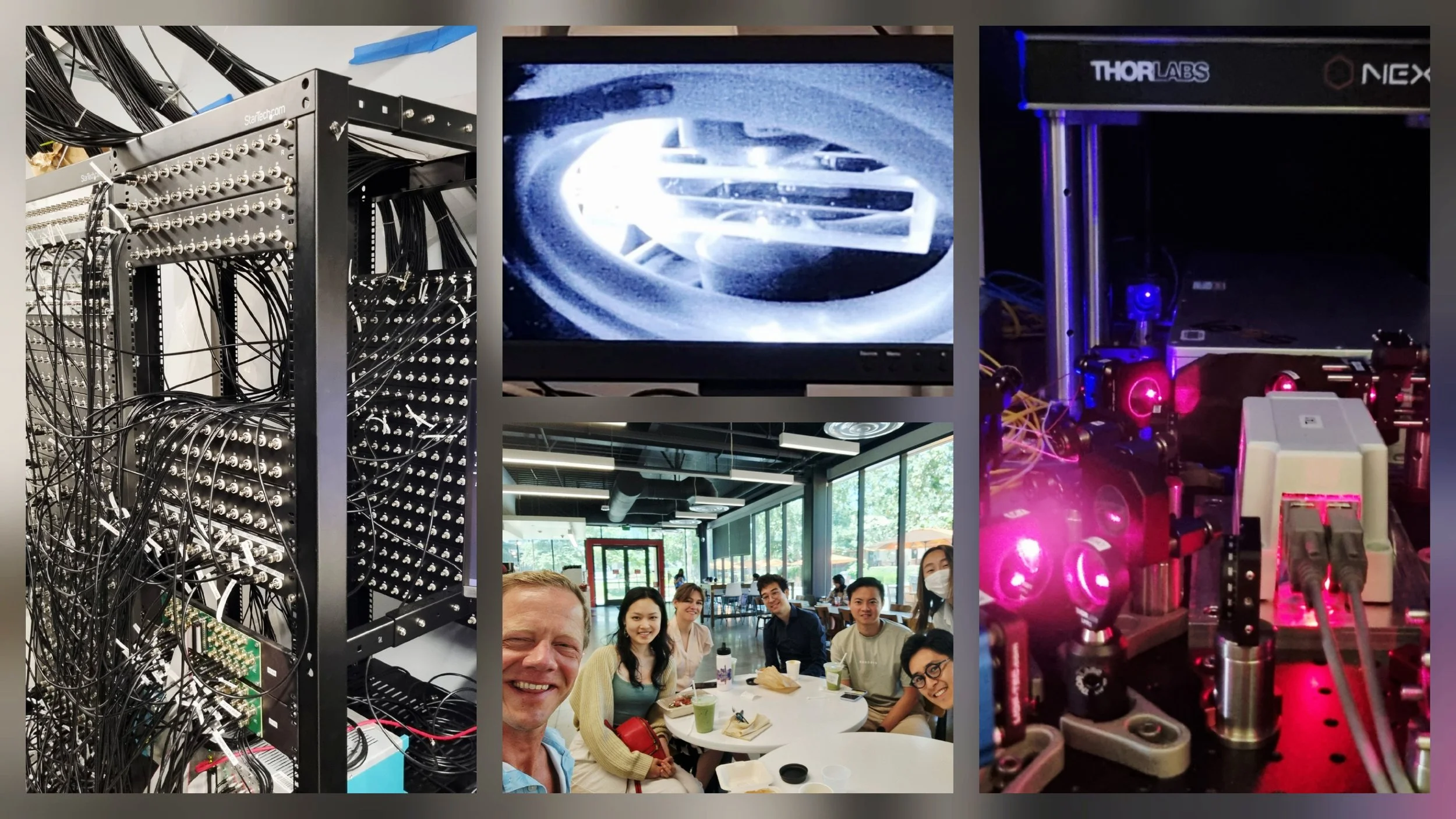Stanford, CA, July 10, 2025 – Stanford University Library, in a significant move to advance the field of responsible quantum innovation, has established a dedicated digital scholarship repository for the Stanford Center for Responsible Quantum Technology (RQT), that had its Law School tenure from December 2023 to January 2025. This new collection, accessible via the persistent URL https://purl.stanford.edu/hp536nb5631, will preserve and showcase the influential research and scholarly output of the Center, ensuring its global accessibility for researchers, policymakers, and industry leaders.
The Stanford Center for RQT, founded by Mauritz Kop and part of the Stanford Program in Law, Science & Technology led by Mark Lemley, stands at the forefront of shaping a future where quantum advancements contribute to equitable and beneficial social goals. With a mission to foster interdisciplinary research, education, and collaboration, the Center addresses the profound societal impacts of quantum technologies, promoting competition, transparency, inclusivity, intergenerational equity, and sustainable innovation, all while safeguarding human rights and democratic values. A highlight of the Center's public engagement is its annual Stanford Responsible Quantum Technology Conference, which brings together global leaders to discuss the field's most pressing issues. The creation of this repository marks a milestone in the Center's efforts to disseminate its foundational works, and ensures their longevity.
The Stanford Library Permanent RQT Repository
The initial collection features a selection of the Center's influential publications that underscore its commitment to a holistic and forward-thinking governance approach. The showcased works include:
10 Principles for Responsible Quantum Innovation: Published in IOP Quantum Science and Technology, this seminal paper by Mauritz Kop and his team outlines a guiding framework for the ethical development of quantum technologies, emphasizing principles from safeguarding and accountability to advancing societal well-being.
Towards Responsible Quantum Technology: This foundational paper from the Harvard Berkman Klein Center for Internet & Society Research Publication Series, authored by Mauritz Kop, Mateo Aboy, Eline De Jong, Urs Gasser, Timo Minssen, I. Glenn Cohen, Mark Brongersma, Teresa Quintel, Luciano Floridi & Ray Laflamme, lays out a comprehensive vision for the responsible development and stewardship of the quantum ecosystem.
A Project-Based Approach to Responsible Quantum Innovation
In addition to its publications, the Center's work is driven by a project-based approach that tackles critical challenges at the intersection of quantum technology and society. Key projects include:
Regulating Quantum Technology: This foundational project performs a detailed study of how to sensibly regulate second-generation (2G) quantum technology. It aims to design sui generis governance frameworks that offer strategic blueprints for decision-makers, integrating risk management, resource optimization, and safety standards to ensure that the benefits of quantum are distributed equitably.
Quantum Leap: Decoding Quantum Computing Innovation: In collaboration with the University of Cambridge, this empirical project by Mateo Aboy conducts a comprehensive analysis of the patent landscape in quantum computing. By examining patenting trends, the project provides valuable, evidence-based insights to inform policy decisions related to intellectual property, innovation, and regulation in this rapidly evolving field.
Key Stanford Center for RQT Focus Areas
The Center's research and policy advocacy are concentrated on several key areas critical to the future of quantum technology:
Global Governance and Standards: Studying how technical standards, certification, and other governance mechanisms can foster the trust needed for technology uptake and responsible deployment. This includes exploring governance tipping points, geopolitics, smart regulation, dual-use, supply chains, and export controls, all within a framework that advances first-to-market innovation, reinforces human rights and safeguards democratic values.
Quantum Diplomacy and Government Advocacy: Informing policymakers, diplomats, and the judiciary about the principles of responsible quantum technology, and fostering international dialogue and strategic alliances to shape effective global governance strategies.
The establishment of this repository by the Stanford University Library not only provides a permanent home for the Center's vital scholarship but also reinforces Stanford's leadership in the global dialogue on technology governance. It serves as an essential resource for anyone seeking to understand and contribute to the responsible development of the quantum future.
Thanks to Professor Mark Lemley and to Beth Williams, Associate Dean, Robert Crown Law Library & Senior Lecturer in Law, for curating the RQT Repository.
To explore the full collection, please visit https://purl.stanford.edu/hp536nb5631.
Meer lezen


